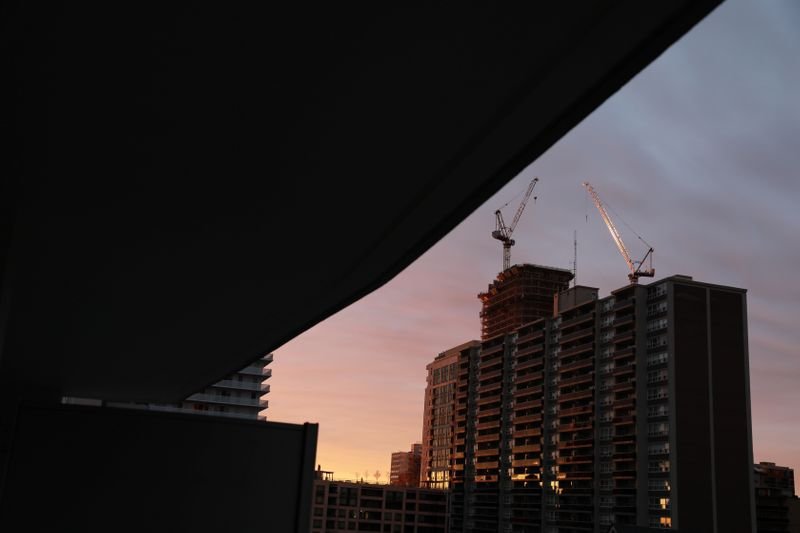The Untapped Potential of Pakistan’s Real Estate Sector
In the bustling city of Karachi, the conversation around Pakistan’s real estate sector is heating up, and stakeholders are optimistic. With the right government support, they believe this industry could play a significant role in boosting the economy and attracting foreign direct investment.
Did you know that only 0.5% of Pakistan’s total land area is planned? According to Shafiq Akbar, CEO of Graana.com, that translates to just about 4,000 square kilometers of land out of a staggering 881,913 square kilometers. This limited planned area holds immense value—approximately $2 trillion—which could double if marketed effectively. With a projected demand for around 20 million housing units in the next decade, this sector is likely to create over five million jobs if local and foreign investment flows in.
However, there are some hurdles. The current economic climate, compounded by new taxes, has made the real estate sector sluggish. While the government looks to promote construction to tackle Pakistan’s housing shortage, many experts believe the real estate market still holds significant potential. "But outdated laws and complicated taxation,” notes Akbar, “are constant roadblocks.”
Urbanization is set to soar, with projections suggesting a 68% growth in urban areas by 2050. This makes efficient policy-making and upfront town planning essential. Nevertheless, with existing laws that lag behind modern realities and a lack of supportive ecosystem for entrepreneurs, these challenges continue to deter investors. Furthermore, many potential investors lack proper information, leading to less-than-ideal investment choices.
Industry insiders note a troubling trend: despite being a historically strong performer, the real estate sector now seems almost stagnant. Atif Masood from Imarat Group of Companies suggests that leveraging technology is critical for revitalization. Updating laws that are decades old is essential, as is creating a transparent environment to build investor confidence.
Corruption remains an issue at multiple levels, from estate agents to government authorities, making it even more crucial to impose strict regulations and checks. With corruption thwarting growth, the sector could benefit from eliminating practices that prey on investors’ fears.
In conclusion, while the real estate sector in Pakistan faces significant challenges, it also offers incredible opportunities for growth and development. By focusing on modernization, transparency, and strategic planning, the government and stakeholders can turn this sector into a beacon of hope for the economy. It’s an exciting time for Pakistan’s real estate, and with the right moves, the future could be brighter than ever.




